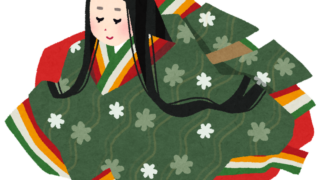Buckwheat allergy is a common food allergy, especially among certain Asian populations. If you’re a fan of buckwheat or just curious about this allergy, it’s crucial to understand the symptoms, causes, and management strategies. In this article, we’ll dive deep into everything you need to know about buckwheat allergy.
What is Buckwheat Allergy?
Buckwheat allergy is an allergic reaction triggered by the proteins found in buckwheat. The main allergen in buckwheat is a protein called Fag e 1. When someone with a buckwheat allergy consumes this protein, their immune system overreacts, leading to various allergic symptoms.
Symptoms of Buckwheat Allergy
Buckwheat allergy symptoms can vary from person to person, but common signs include:
- Skin rashes and itching
- Mouth and throat discomfort or swelling
- Digestive issues like stomach pain and diarrhea
- Respiratory problems such as runny nose, coughing, and difficulty breathing
- In severe cases, anaphylaxis (a life-threatening allergic reaction)
Causes of Buckwheat Allergy
The primary cause of buckwheat allergy is the protein Fag e 1. This protein is heat-stable, meaning it doesn’t break down easily when cooked or processed. As a result, it can be found in various buckwheat products. Some people with buckwheat allergy may also react to other plants in the buckwheat family, such as mugwort.
Diagnosing Buckwheat Allergy
Buckwheat allergy is diagnosed through blood tests, skin prick tests, or oral food challenges. Blood tests measure the levels of buckwheat-specific IgE antibodies, while skin prick tests involve applying a small amount of buckwheat extract to the skin to check for a reaction. In an oral food challenge, the patient consumes small amounts of buckwheat under medical supervision to observe any allergic responses.
Managing Buckwheat Allergy
The best way to manage buckwheat allergy is to avoid buckwheat entirely. When dining out, always check the menu and inform the staff about your allergy. When buying packaged foods, carefully read the ingredient labels to ensure buckwheat isn’t present. If you do experience allergic symptoms, seek medical attention immediately.
The Bottom Line
Understanding buckwheat allergy is essential for maintaining your health and the well-being of those around you. By recognizing the symptoms, causes, and proper management techniques, you can navigate life with buckwheat allergy more safely and confidently. Remember, spreading awareness and knowledge about food allergies is key to creating a more allergy-friendly world.





















